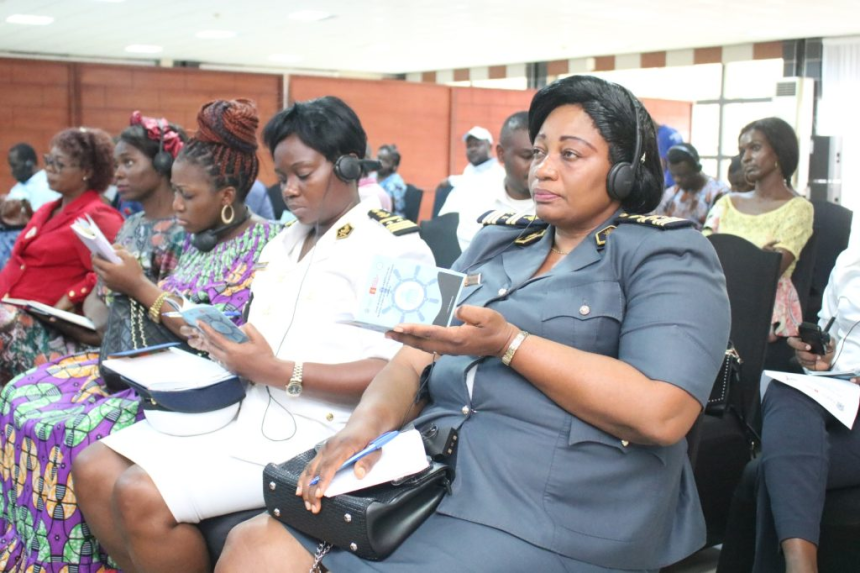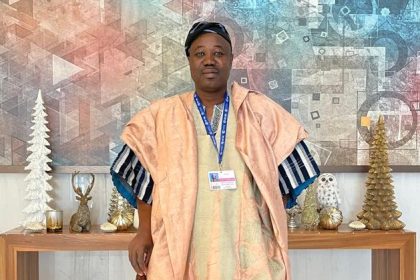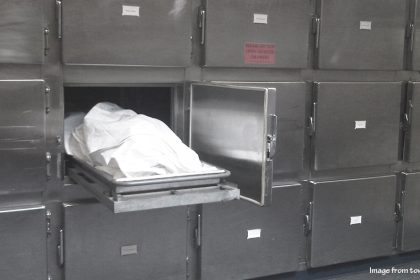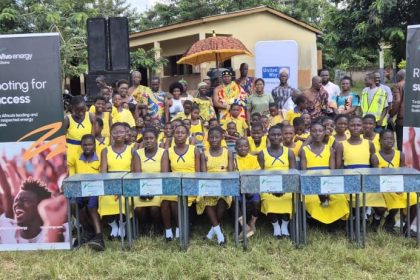Ms Dorcas Affo-Toffey, Deputy Minister of Transport, says empowering women within the maritime sector is central to unlocking the full potential of Ghana’s Blue Economy and ensuring sustainable maritime security in the Gulf of Guinea.
She described the Gulf of Guinea as “the heartbeat of West Africa’s maritime economy,” supporting global trade, energy supply, and food security.
The Deputy Minister was speaking at the opening ceremony of the Women in Maritime of West and Central Africa (WIMOWCA) Regional Conference in Accra, on the theme: “Advancing Women’s Leadership in Maritime Security and Governance in the Gulf of Guinea.”
Participants gathered to explore women’s leadership in law enforcement, co-designing mentorship frameworks, and work towards a Regional Action Plan for Gender-Inclusive Maritime Leadership and Workplace Safety.
Ms Affo-Toffey said escalating threats such as piracy, human trafficking, illegal fishing, and marine pollution continued to undermine the region’s economic growth and environmental stability.
She emphasised that these challenges could not be effectively addressed without the full participation of women at every level of maritime governance.
Ms Affo-Toffey highlighted Ghana’s commitment to gender mainstreaming in maritime security, including expanding women’s representation in naval, coast guard, and port operations, improving working conditions, and integrating gender perspectives into security frameworks such as the ISPS Code.
She commended the collaborative efforts of the United Nations Office on Drugs and Crime and Denmark’s Ministry of Foreign Affairs under the Gulf of Guinea Maritime Security Programme for supporting gender-responsive reforms in the sector.
“This is about institutional transformation. By strengthening platforms like WIMOWCA and empowering women in law enforcement and maritime security, we are safeguarding not only our oceans but our collective future,” she said.
Ms Affo-Toffey said achieving a resilient and inclusive Blue Economy required intentional leadership that valued ethics, equity, and empowerment across all levels of maritime governance.
Madam Sylvia Dauda Asana-Owu, President WIMOWCA, reiterated that despite women’s growing participation in ports, logistics, and coastal economies, they remained severely underrepresented in leadership positions across the maritime sector.
“Globally, women account for less than one per cent of senior maritime executives and just about two per cent of seafarers.
“When women are part of maritime governance, we see stronger institutions, more transparent systems, and greater sustainability,” she said.
Madam Asana-Owu, urged governments, development partners, and private sector stakeholders to adopt gender-sensitive governance frameworks, expand access to scholarships and leadership training for women, and strengthen professional networks such as WIMOWCA, WOMESA, and WISTA.
She said women must not only be visible but also influential, shaping strategies, commanding operations, and driving innovation.
WIMOWCA now operates in 14 countries across West and Central Africa, providing mentorship, capacity-building, and policy advocacy to empower women in maritime professions.






